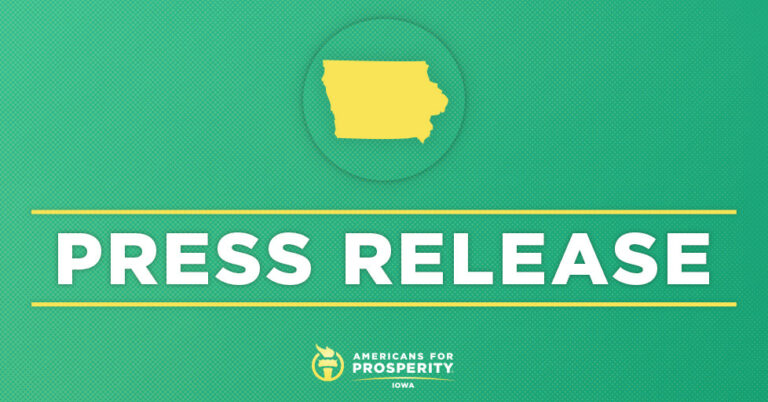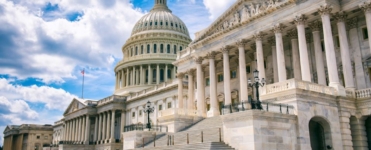
AFP Praises Trump Administration’s Call for States to Prioritize Occupational Licensing Reform
DES MOINES, Iowa. – Americans for Prosperity-Iowa (AFP-IA) praised the Trump Administration for calling on state governments to prioritize occupational licensing reform during upcoming legislative sessions and for issuing recommended principles to remove barriers to work. AFP-IA believes embracing these principles will help expand access to fulfilling work for thousands of Iowans.
AFP-IA’s State Director Drew Klein issued the following statement:
“Outdated and unnecessary occupational licensing laws are a barrier to thousands of Iowans finding meaningful work and maximizing their potential. In an economy that has us struggling to find enough workers, our laws often lock people out.
“We commend the Trump Administration for recognizing the need for occupational licensing reform that puts people first. The Iowa legislature has an opportunity this session to pass legislation that will reduce the burdens of occupational licensure in our state. We encourage them to come together in support of legislation that will empower every Iowan to find fulfilling work and help our employers address workforce shortages.”
Earlier this week, AFP-Iowa launched www.LetIowaWork.com and is currently working with William Burt of Waterloo on a bill that would remove a regulatory barrier that keeps him from bringing his barbering skills to underserved communities in Iowa.
Background:
The Trump administration called on state governments to act on occupational licensure reform and issued six principles it believes are critical for good reform.
- States and territories should eliminate unnecessary occupational licensing regulations.
- States and territories should ensure that all occupational licensing regulations, including those currently in force, are the least restrictive necessary to protect consumers from significant and substantiated harm, ensure worker safety, and promote competition.
- States and territories should ensure that occupational licensure boards consider the negative effects of any proposed regulation on consumers and job seekers.
- States and territories should recognize the occupational licenses of other States and territories for those individuals who hold a license in good standing and who have not been subject to any complaint or discipline related to their license.
- States and territories should eliminate requirements that needlessly prevent individuals with a criminal record from earning a living in a field unrelated to their criminal conviction.
- States and territories should take immediate action to ensure that military spouses who accompany their spouses on permanent change-of-station orders are not adversely affected by occupational licensing regulations.
In the 1950s, about one-in-twenty Americans required a license to work. Today that number is one-in-four.
Occupational licenses are ostensibly intended to protect consumers from harm, but research and historical observations suggest licensing laws have negligible and even negative effects on health and safety. Instead, occupational licenses serve entrenched interests by insulating them from competition.
An Obama White House report also found that: “Licensing laws also lead to higher prices for goods and services… Moreover, in a number of other studies, licensing did not increase the quality of goods and services, suggesting that consumers are sometimes paying higher prices without getting improved goods or services.”



